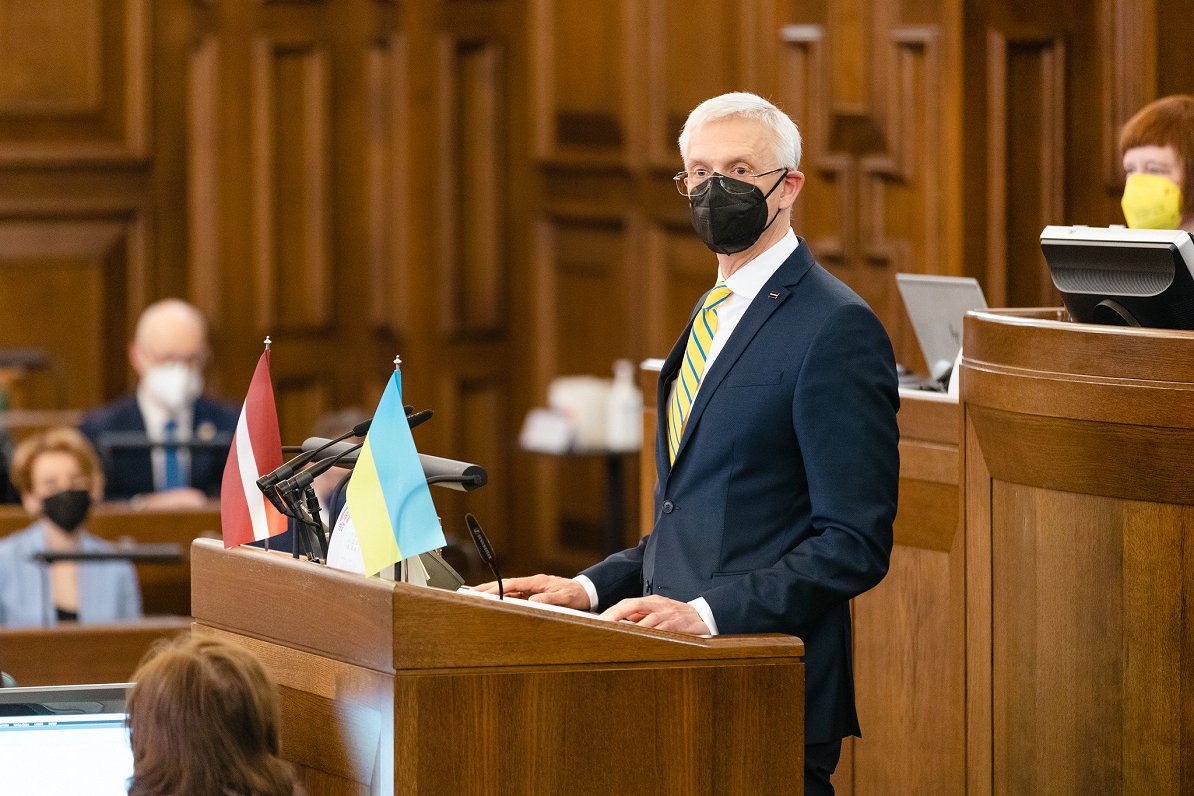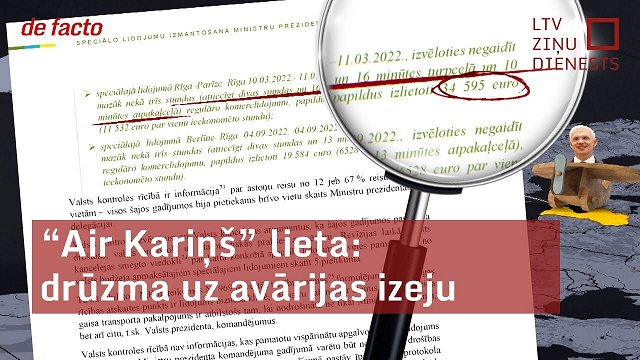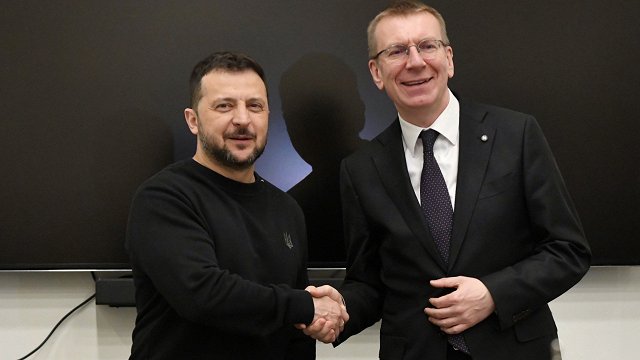Inevitably, recent events in Ukraine provided the main focus, with Kariņš condeming Russia's invasion in strong terms.
"On February 24 the world changed... fundamentally," Kariņš said, "This is no longer a case of shades of grey, this is a case of black and white".
Putin and his officials bear full responsibility and will have to answer in the Hague and elsewhere the premier said, maintaining that Russia's isolation will have to continue "as long as the dictator Putin remains in power".
In fact, Putin's actions have generated unprecedented unity among people in Latvia and among the western world more generally, Kariņš said.
"Putin and Russia's shameless attack on Ukraine is uniting our society," Kariņš said.
Throughout his comments on Russia and Ukraine, and despite having to speak from behind a mask, the usually very reserved premier displayed clear emotion.
"Society and politicians are more united than they have ever been," he said, offering thanks to opposition Saeima deputies for "putting aside differences" and supporting the government line on Russia.
"We is this country, in this Saeima, are not against each other when it comes to fundamentals... in this case when we are talking about Ukraine's existence we are united in condemning Putin," Kariņš said.
Helping Ukraine starts with providing military assistance but also medical and fuel supplies, he said.
"We are not afraid, we understand what is necessary."
Efforts to strengthen national security will continue and a decision has already been taken to increase defense spending from 2.2% of GDP this year to 2.5% over three years, and national security is not just a matter for the armed forces but for the police and border guard, he said.
Kariņš also paid tribute to NATO partners' increased commitments to the region and commitment to upholding Article 5 of the NATO Washington treaty on collective defense.
Strengthening NATO's eastern flank is "no longer just theoretical, it is happening," Kariņš said. "We are not just receivers of security [from NATO] but we make our own proportionate contribution."
Kremlin disinformation has been a "cancer" for too long and Latvia could become a place where objective Russian language media could find a home, he suggested.
While sanctions against the regimes in Russia and Belarus are certainly having an impact and would reduce the ability of the Kremlin to finance its "war machine", they would inevitably have a knock-on effect in Latvia, he admitted. However, while the west would have to pay a financial price, Ukrainians are "paying in blood", he reminded the Saeima.
A new economic reality will mean realignment of parts of the economy, particularly in the energy sector. Dependence on Russian energy will need to be reduced, and in the longer term dependence on fossil fuels in general. To this end, a major wind farm project that would usually take 7-10 years is aiming for a 3-year timeframe and nuclear power might also play a big role in the future energy mix, he suggested, mentioning that cooperation on nuclear energy had been discussed during a recent meeting with UK Prime Minister Boris Johnson.

























